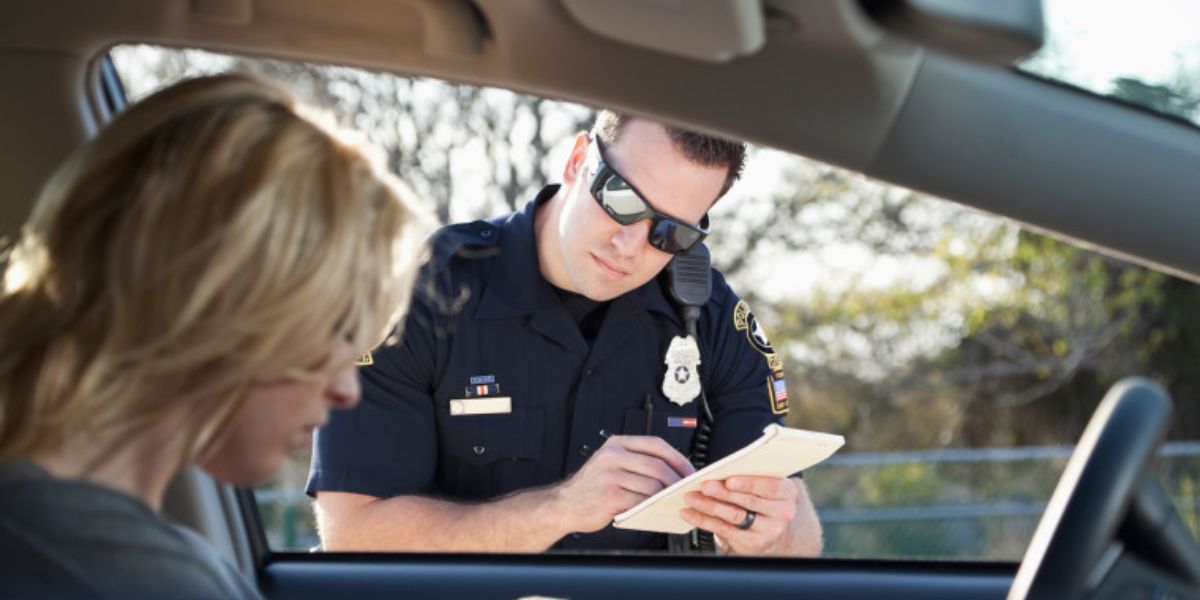This piece was written by Mary Berg. Light AI tools assisted with grammar checks and layout polish. All editorial decisions and wording remain fully human and original.
Getting pulled over in Texas? If an officer asks for your phone, do you have to hand it over? Here’s what the law says—and how to protect your rights.
Your Smartphone Holds Personal Data—So Does the Law Protect It?
When you’re stopped by police in Texas, whether for a traffic violation or routine check, one thing might cross your mind:
“Can they search my phone?”
The answer is no—not without a warrant or your permission. Your phone is protected under the U.S. Constitution, even during a traffic stop.
What the Law Says About Phone Searches in Texas
➤ Police cannot legally search your phone without a warrant issued by a judge
➤ You do not have to unlock your phone or share your passcode
➤ Giving verbal or written consent is the only way officers can access your device without a warrant
➤ Your phone is considered private property full of sensitive, personal information
The Supreme Court ruling in Riley v. California (2014) confirmed this right nationwide.
What to Do If Police Ask for Your Phone in Texas
If an officer asks to see or search your phone:
✅ Stay calm and respectful
✅ Say: “I do not consent to a search of my phone.”
✅ Do not unlock it, hand it over, or share your password
✅ Ask: “Am I free to leave?” or “Am I being detained?”
You have a constitutional right to say no, and exercising that right cannot be used against you in court.
Exceptions: When Can Police Search Your Phone Without Consent?
There are very limited situations where police may try to justify a warrantless phone search:
➤ Probable cause with exigent circumstances—such as immediate danger to life or destruction of evidence
➤ Search incident to arrest—but even then, they still need a warrant to access your phone’s contents
Bottom line: being pulled over does not give police automatic access to your phone.
Important Tips for Drivers in Texas
- Always lock your phone with a passcode, not just a fingerprint or face scan
- Never give consent unless you’re 100% comfortable
- Be polite but firm in refusing a search
- If you’re unsure of your rights, say: “I’d like to speak with a lawyer before answering further questions.”
Final Takeaway
In Texas, you are NOT required to surrender your phone during a traffic stop unless there’s a warrant or you give permission. Knowing your rights can protect your privacy—and your future.



